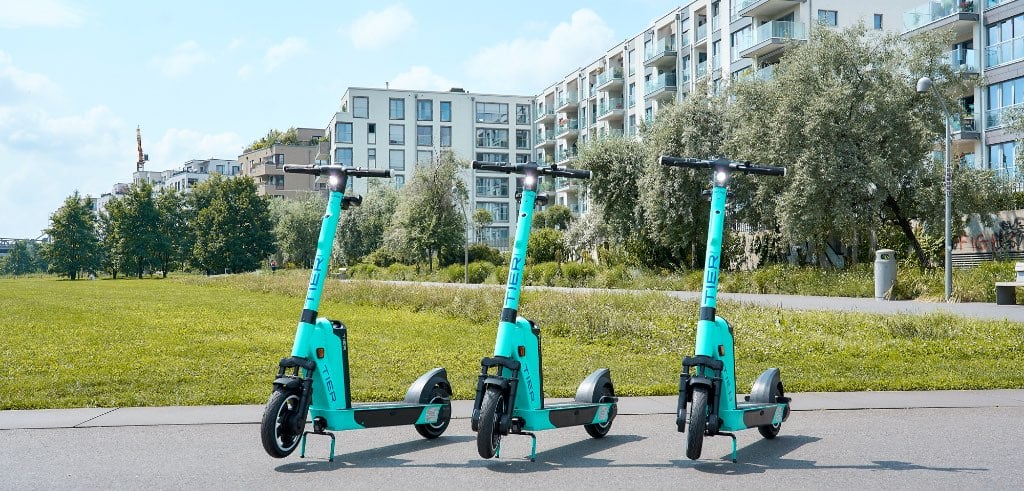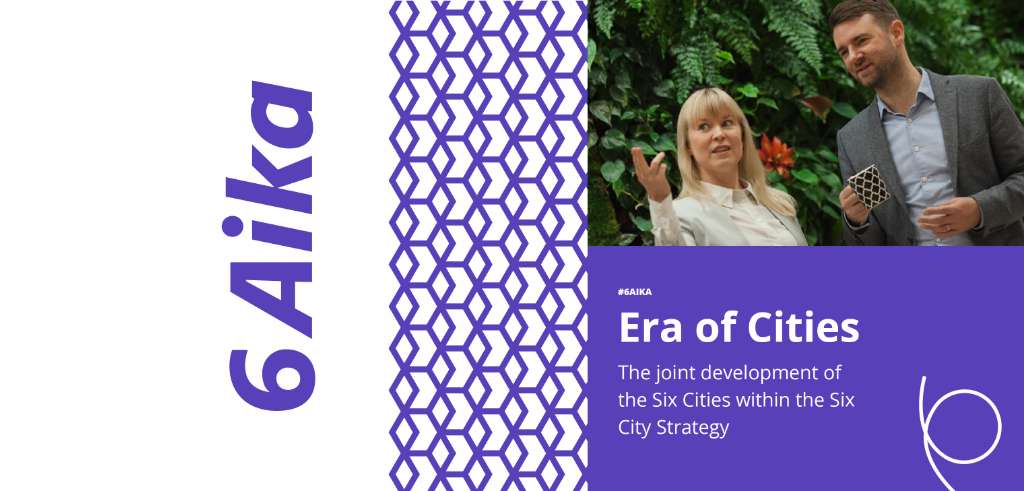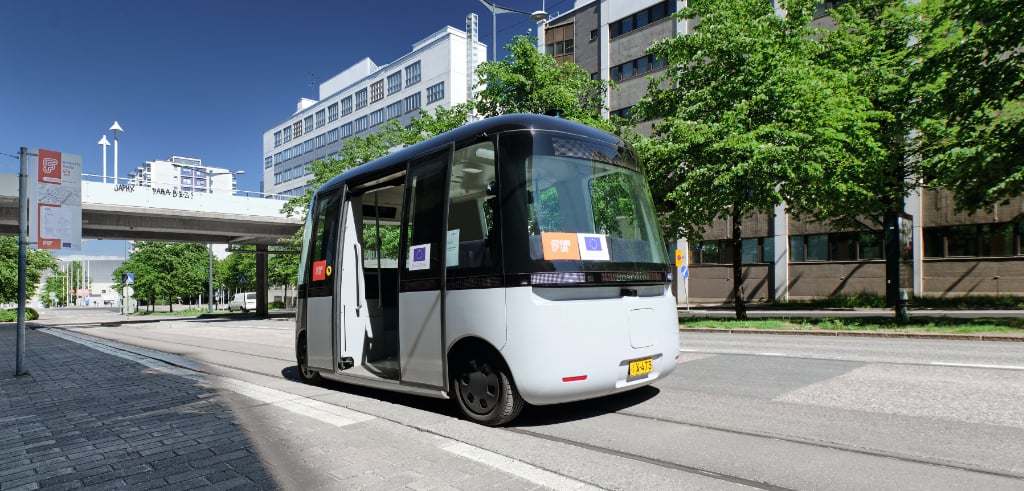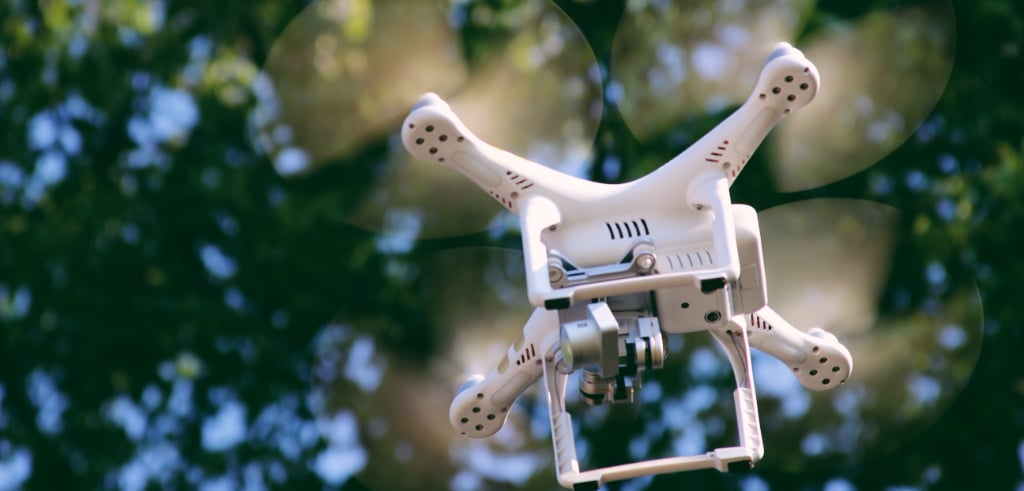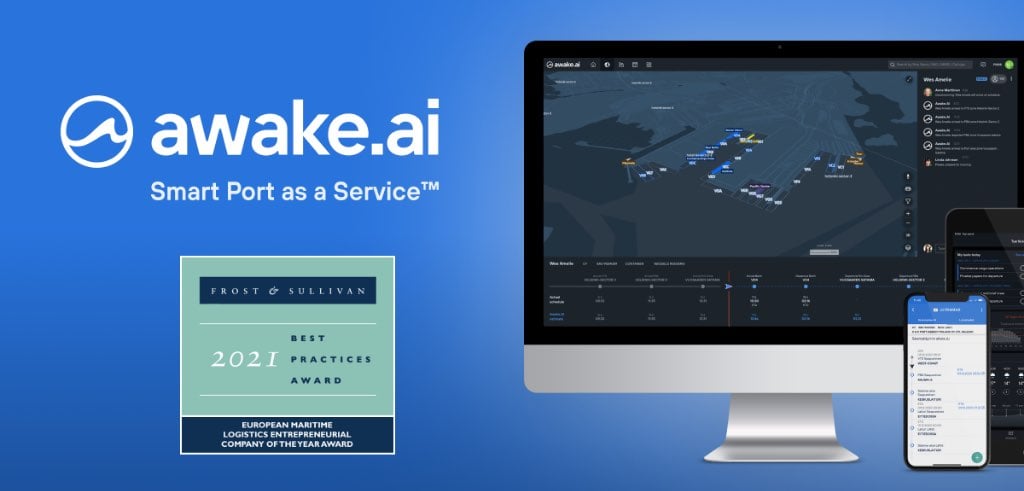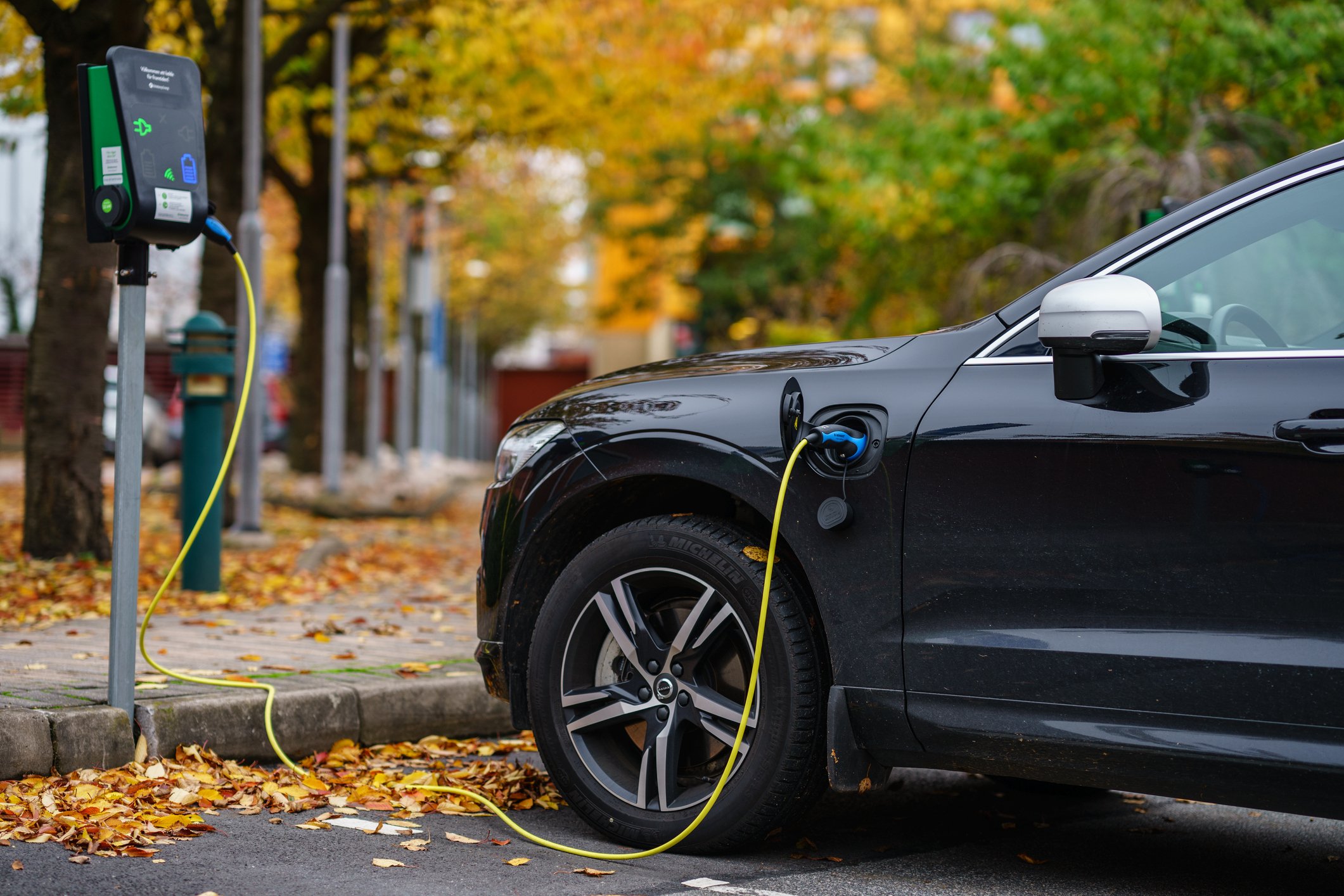
Gothenburg, Sweden – October 21, 2019: Volvo car is plugged in for charging on street parking lot with beautiful autumn view background
How Primobius and VTT Validated a New Way to Recycle Battery Black Mass
Together with VTT, battery recycling company Primobius validated its new hydrometallurgical process chain, refining parameters and proving that nearly all the valuable metal content could be recovered into high purity materials.
Primobius – a 100% daughter company of SMS group – is an end-to-end solutions provider and plant builder for efficient lithium-ion battery recycling. The company offers scalable, environmentally sustainable solutions for recovering battery materials and delivers recycling plants worldwide. Primobius’ recycling plants enable the recovery of high-purity metals from various cell chemistries, types and formats, to allow a reintegration into battery supply chains.
The growing need for battery recycling
The rapid electrification of transport and industry is fuelling the demand for lithium-ion batteries and the critical metals they contain, such as lithium, nickel, cobalt and manganese. These valuable resources are also strategically important for Europe’s green transition. Today, the EU is heavily dependent on imports for these raw materials, making it vulnerable to supply chain disruptions and geopolitical risks. At the same time, vast amounts of end-of-life batteries are beginning to accumulate, causing environmental impacts.
Battery recycling plant builder Primobius aims to address these challenges with its innovative multi-stage recycling process, turning lithium-ion battery waste into a source of secondary raw materials and lowering the carbon footprint of new batteries.
Validating a new process before scale-up
Before starting up a plant utilising a new process for recycling NMC batteries, which are used, for example, in electric vehicles, Primobius wanted to confirm that the process worked as expected.
“At VTT, it was possible to carry out all the process steps in-house on a pilot level – from leaching and solvent extraction to analytics – which made it the ideal choice,” says Pelin Altinkaya, Senior Process Engineer at Primobius.
The project involved processing so-called black mass – the fine, crushed battery material left after mechanical recycling – through an entire sequence of unit operations. What made the work exceptional was that VTT carried out the complete process chain, step by step.
“Our original goal was to go through the entire process chain, from dissolution to impurity removal and then to product solutions,” recalls Elina Oksanen, Research Scientist at VTT. “Not many operators can conduct such extensive piloting, but at VTT we were able to run the full chain in our lab and provide online analytics to see how the process was behaving.”
From the customer’s perspective, outsourcing these trials to VTT also made economic sense. Building a dedicated test facility of their own would have required significant investment.
“When researching chemical processes, moving from the laboratory phase to piloting is extremely important. We have the know-how and facilities to do things that would require major investments from the customer if they did the work themselves. Running a pilot allows you to see interactions that only emerge on a larger scale – and it helps prevent surprises when scaling to a factory level,” says Harri Latonen, Customer Account Lead at VTT.
Insights for process optimisation
During the project, VTT provided Primobius with:
- Deep expertise in hydrometallurgy
- Piloting facilities for end-to-end process optimisation
- Online analytics.
By the end of the trials, VTT had successfully demonstrated that nearly all valuable metals in the black mass could be extracted into separate, clean fractions, while leaving behind a purified solution with minimal residues. For Primobius, this meant greater confidence in the upcoming industrial rollout of its process.
“The results gave us a lot of insights for each phase of the process. Most outcomes were as expected, but the unexpected results were equally valuable – they showed us what to improve and how to fine-tune our parameters for plant-scale operations. For example, how we ran the leaching phase had a direct effect on subsequent steps,” says Altinkaya.
Click here to read the original article on VTT’s website.
Find out more:
Harri Latonen
Customer Account Lead
+358407337873
harri.latonen@vtt.fi



